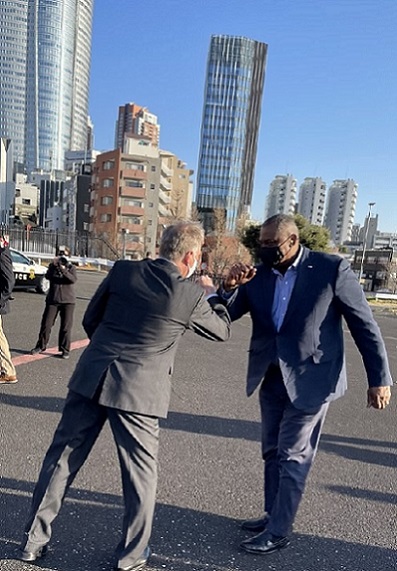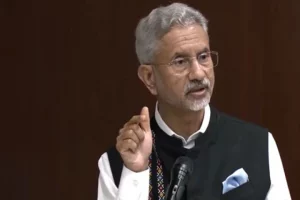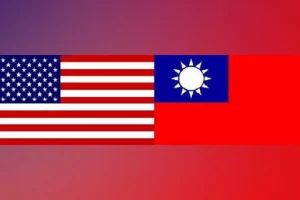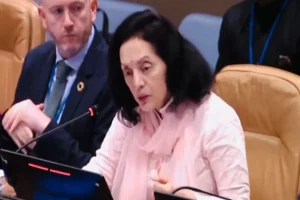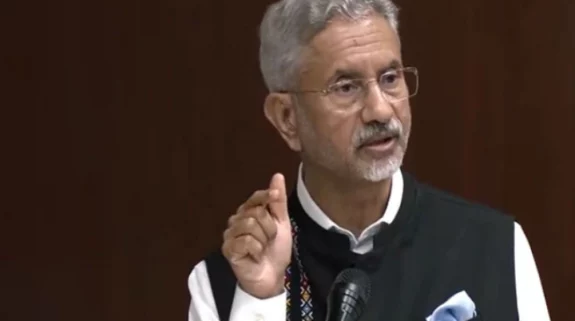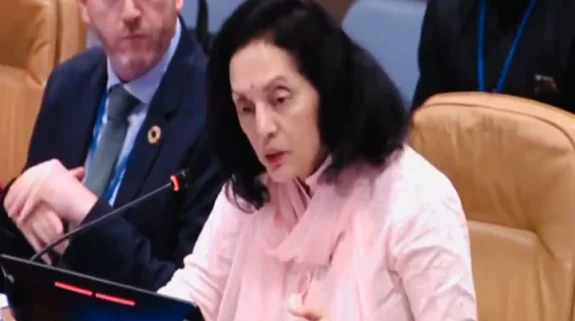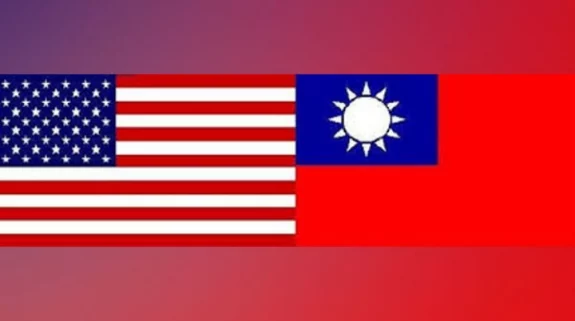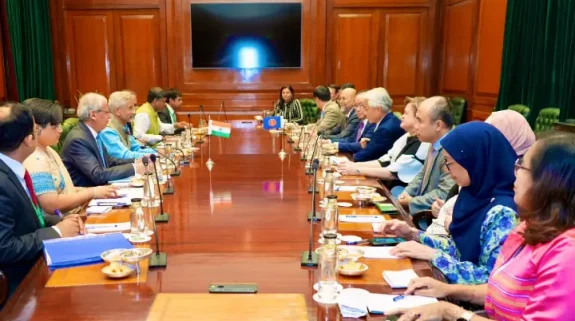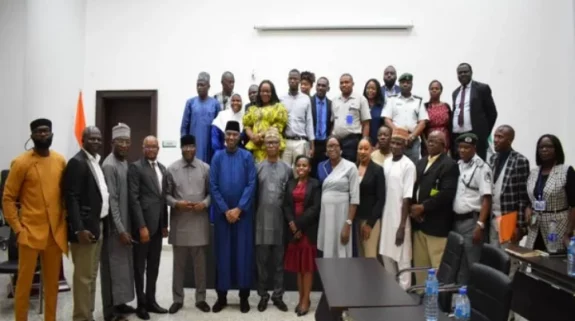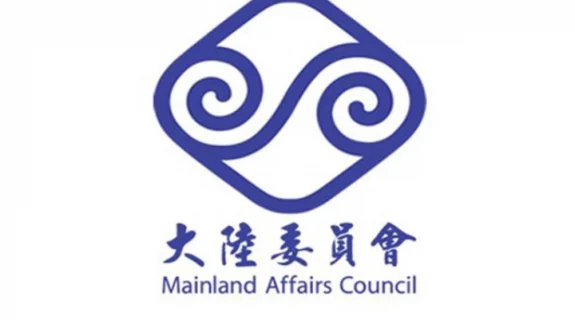Japan and the United States are expected to send a "strong message to China over its coercive measures in the Indo-Pacific" during the US-Japan Security Consultative Committee meeting (2+2) in Tokyo Tuesday. US Secretary of State Antony Blinken and Secretary of Defence Lloyd Austin will be attending the meeting hosted by Japan’s Minister for Foreign Affairs Toshimitsu Motegi and Minister of Defense Nobuo Kishi. The visit to Japan is their first overseas travel after the inauguration of the Joe Biden Administration and will be an opportunity for both the countries to exchange views on the increasingly severe security environment in the region.
Ahead of the meeting, the US said that its strong alliance with Japan is based on shared values and it remains committed to countering, besides other things, China's "malign influences" and "provocations in Asia and around the world."
The United States also said that its commitment to the defense of Japan remains absolute.
"The United States affirms the Senkaku Islands fall within the scope of Article V of the US-Japan Treaty of Mutual Cooperation and Security, and we remain opposed to any unilateral attempts to change the status quo in the East China Sea or undermine Japan’s administration of these islands," the State Department said Sunday.
The Japanese media said that the two countries, in their joint statement, will specifically express concerns about China's recent implementation of a law that would enable Chinese coast guard ships to fire upon vessels around the Senkaku Islands, a group of Japanese-controlled islets claimed by China.
"It is rare that such kind of a document singles out a certain country, a sign that Tokyo and Washington have raised the level of alert against the threat Beijing poses militarily, economically and in terms of human rights violations," Junko Horiuchi wrote in Kyodo News today on the US State Department's detailed fact sheet titled 'Reaffirming the Unbreakable US-Japan Alliance' released Sunday.

US Secretary of State Antony Blinken en route to Tokyo (Image courtesy: Twitter/@SecBlinken)
In a joint opinion piece written ahead of their trip, Blinken and Austin reaffirmed that US wants the Indo-Pacific region to be free and open, anchored by respect for human rights, democracy and the rule of law.
"Not all countries share this vision. Some seek to challenge the international order — that is, the rules, values and institutions that reduce conflict and make cooperation possible among nations. As countries in the region and beyond know, China in particular is all too willing to use coercion to get its way," the duo wrote in The Washington Post on Sunday.
"Here again, we see how working with our allies is critical. Our combined power makes us stronger when we must push back against China’s aggression and threats. Together, we will hold China accountable when it abuses human rights in Xinjiang and Tibet, systematically erodes autonomy in Hong Kong, undercuts democracy in Taiwan or asserts maritime claims in the South China Sea that violate international law. If we don’t act decisively and lead, Beijing will," they added.
Batting for free and open Indo-Pacific, India, US, Australia and Japan had vowed to strengthen cooperation on the defining challenges of these times during the first-ever leader-level summit of the Quad, last Friday.
"We will work together, closer than ever before, for advancing our shared values and promoting a secure, stable and prosperous Indo-Pacific," Indian Prime Minister Narendra Modi had said in his opening remarks at the Quadrilateral Leaders' virtual summit.
While Blinken travels back to Washington and then to Anchorage, Alaska to hold a meeting with senior Chinese officials, Austin will leave Seoul to travel onward to India, an important strategic partnership that involves cooperation with "likeminded nations committed to protecting the rules-based international order".
This, the Biden-Harris Administration says, will not only strengthen America’s relationships with its allies but also the relationships between those allies.






